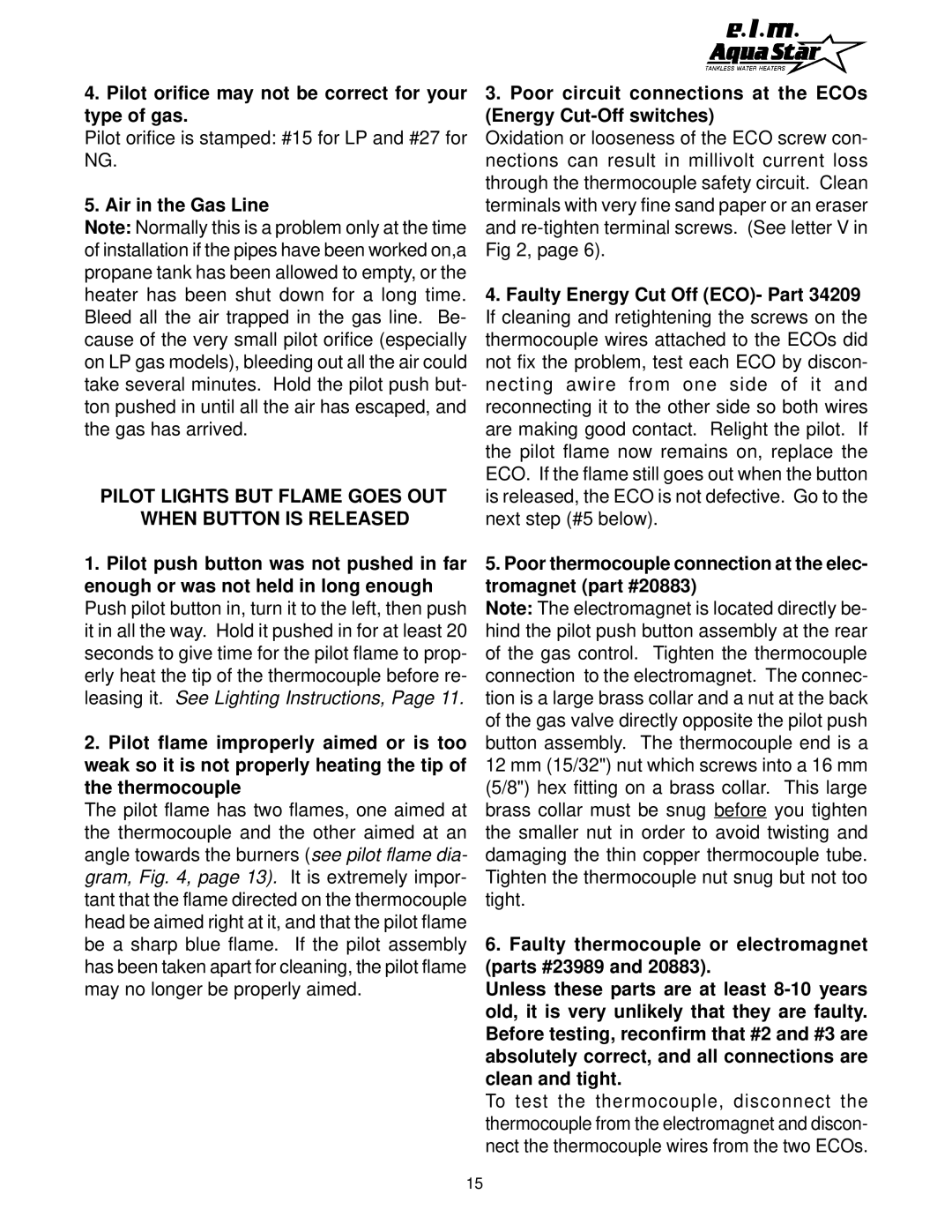170 VP specifications
The AquaStar 170 VP is a high-performance, innovative vessel designed for those who seek both functionality and luxury on the water. This boat embodies the perfect blend of cutting-edge technology and elegant design, making it suitable for both leisure cruising and adventurous excursions.One of the standout features of the AquaStar 170 VP is its robust construction. Built with high-quality marine-grade materials, the hull is designed to withstand challenging marine environments while ensuring safety and durability. The deep-V hull design enhances stability and allows for smooth navigation in various water conditions, delivering a comfortable ride for all passengers.
The vessel is powered by a powerful outboard motor, which not only provides ample speed but also ensures fuel efficiency. The integration of advanced engine technology allows for precise control and responsiveness, enabling the AquaStar 170 VP to perform exceptionally well in both calm and rough waters. This makes it an ideal choice for both seasoned boaters and new enthusiasts.
One of the key characteristics of the AquaStar 170 VP is its spacious and ergonomic layout. The deck offers a generous amount of space for activity and relaxation, featuring ample seating and storage options. The design caters to social interactions, making it perfect for family outings or gatherings with friends. The seating is crafted with premium materials, ensuring comfort during extended periods on the water.
For those who enjoy the thrill of fishing, the AquaStar 170 VP comes equipped with various fishing amenities. These include built-in rod holders, a livewell, and an easy-access fish box, making it the perfect companion for anglers. Additionally, the boat offers a range of customizable features, allowing owners to equip their vessel to suit their specific needs and preferences.
The AquaStar 170 VP also embraces modern technology with advanced navigation and communication systems. These systems offer real-time data and easy access to essential information, such as weather updates and GPS positioning. This integration not only enhances safety but also enriches the overall boating experience.
In summary, the AquaStar 170 VP is a remarkable vessel that combines quality, performance, and comfort. With its durable construction, efficient power system, spacious layout, and advanced technology, it stands out in the boating market. Whether you’re looking to cruise serene waters or embark on fishing adventures, the AquaStar 170 VP is designed to meet and exceed expectations.

